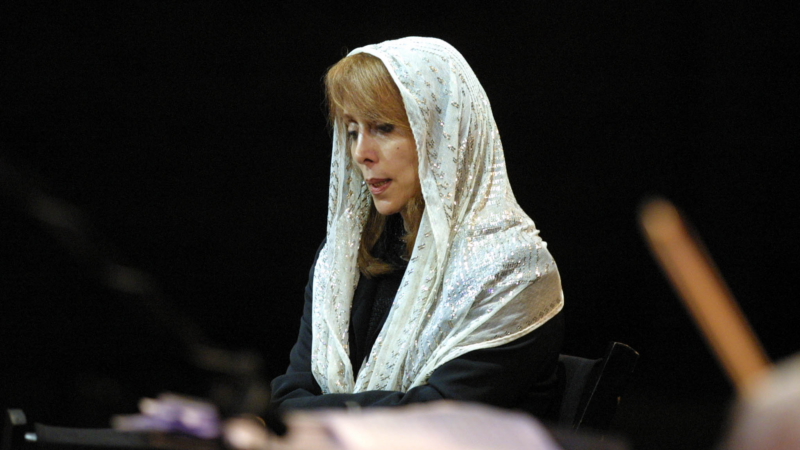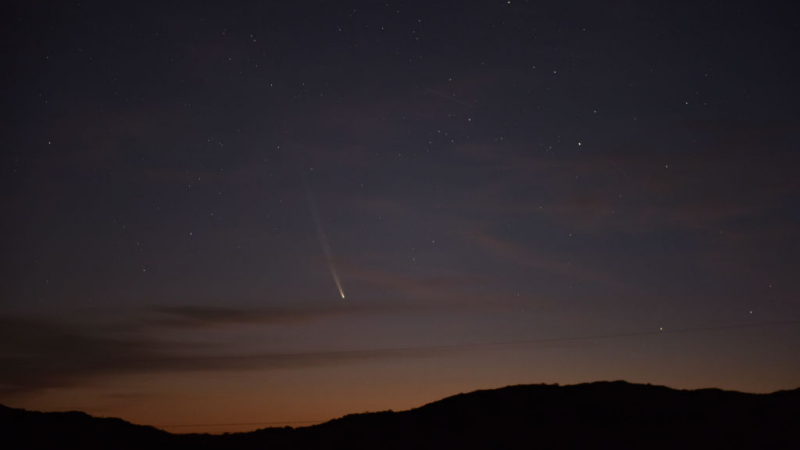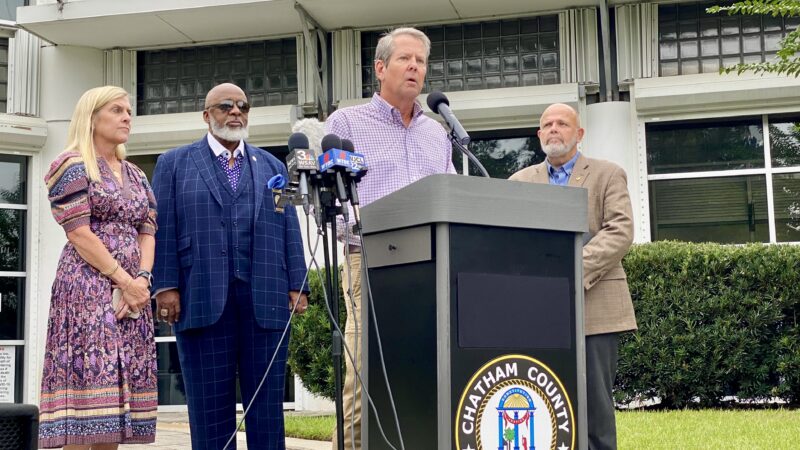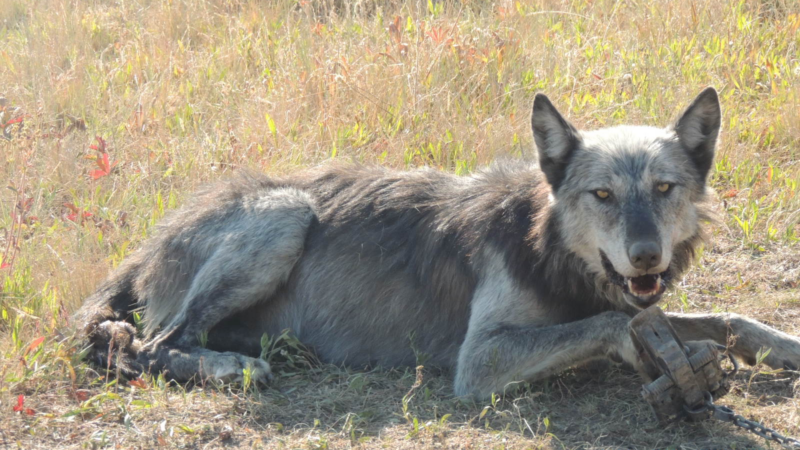Amid airstrikes and armed conflict, Lebanese musicians hit a somber note
If you’re walking down the street on any given morning in an Arab city and hear music, there’s a good chance Fairuz is singing.
For many, her voice is synonymous with morning coffees and bus rides to school, and she’s considered something of a national treasure in Lebanon.
Lebanon is considered one of the most important musical capitals in the Arab world. It’s a cultural heart that beats like a drum and is home to some of the most iconic and far reaching musicians in the Middle East.
Still, few artists are held in higher regard than Fairuz.

Among her most famous songs is “Li Beirut,” which translates to “For Beirut.”
The song is an ode to the city, to its homes, its Mediterranean coastline, its fragrance of bread and jasmine. It’s also a song that recounts a painful and dark chapter in the country’s history: the devastating civil war from 1975-1990.
“It’s become this sort of anthem. A very somber anthem for the people,” says Danny Hajjar, a Lebanese writer who covers music and art in the Arab world.
“It is really only ever played during times of crisis. It is now triggering for a lot of people. They cannot hear that song any more because they know that means something is wrong.”
Today, Lebanese people now face a new moment of crisis, as conflict in the Middle East spreads.
Hezbollah in Lebanon began firing rockets at Israel after the Hamas-led attacks on Israel last October, leading to Israeli-Hezbollah fighting that has intensified in recent weeks. Israel launched a ground invasion into the south of Lebanon and stepped up airstrikes. More than 1,500 Lebanese — including civilians, medics and Hezbollah fighters — have been killed since mid-September, and more than 1 million have fled their homes.
Since the escalation of the conflict in Lebanon over recent weeks, Hajjar has been in touch with Lebanese musicians in the diaspora and in the country. This is what they told him about how they are reacting to this moment.
Sandy Bou Assy / DEE
Sandy Bou Assy is an up-and-coming Lebanese pop and R&B singer who goes by the stage name of Dee.
Dee currently lives in Dubai, but has family in Lebanon, and says the stress of watching the war unfold from afar is consuming.
“It got to a point where I didn’t even know if I was able to create music anymore. It cripples your every thought, your every being,” she said.
“People say that yes, artistry and creativity and, you know, use your pain as your muse and as a means to create, but when there are people’s lives at stake, when it’s your parents, your family and your country at stake, how much can you really express yourself or get yourself to write about it?”
Blu Fiefer
Blu Fiefer is a Lebanese-Mexican musician and producer who gained notoriety for her song “Sint el Ew,” which translates in English to “Year of ‘ew’”.
The song was released in 2020 and is a recap of an incredibly difficult year in Lebanon, as the country struggled with a persistent economic crisis and a devastating explosion in the port of Beirut.
When she spoke to Hajjar earlier in October, Blu Fiefer was still in Beirut, and said the ongoing war has halted her ability to create.
“To be honest, I’m scared to get into a session and put my headphones on and not be able to hear an explosion that maybe is close to me, or put my phone on silent in case there’s any news or anything that I need to be aware of,” she said.
”We are just trying to be extremely vigilant. So the ability to disconnect and go to somewhere vulnerable and creative feels far away right now.”
HADI
Lebanese rapper HADI is gaining recognition for his pointed lyrics. His provocative style can be heard clearly in his debut album Al Sadd 8 in which he raps about resistance — a key theme in his lyrics, he says.
“Maybe not all music is based on criticism or not all music is based on opposition. But to me, for what I listen to or what I enjoy or what I think is valuable art, it’s always been a challenge of the status quo,” he said.
HADI hails from the south of Lebanon. But with the escalation of fighting in that part of the country, he and his family have since fled to Beirut.
“I’m not really sure what I’m going through, so I’m always going in a duality of feelings,” he says. “It’s either I’m feeling very angry or very humorous because I’m in the middle of war. I haven’t processed anything yet.”
Talia Lahoud
Talia Lahoud is a singer-songwriter who makes music in both English and Arabic.
She is currently in Beirut, and despite the war has managed to release a new song titled “3alli sawtak,” or “Raise your voice.”
The song, says Lahoud, was originally written in solidarity with Palestians. However, given the spread of the war into Lebanon, the song’s dedication has broadened.
In an Instragram announcing the song’s release, she wrote: “To Lebanon, Palestine, and every Middle Eastern country suffering from war. My song “3alli sawtak” is officially yours.”
The audio version of this story was presented by Scott Detrow, produced by Megan Lim and edited by Adam Raney.
Hello Diwali Barbie! What is India saying about your skin tone and your vibe?
The new doll is being scrutinized for the color of her skin, her facial features and her garb. Early reviews are Barbie-tastic.
Rare comet to streak across night sky. Here’s how you can see it
Your unusual chance to see a comet in the sky is here. C/2023 A3 Tsuchinshan-ATLAS was discovered by astronomers in 2023 — and will appear to the naked eye over the next couple weeks.
GPB morning headlines for October 10, 2024
The National Weather service expects gusty winds and the possibility of coastal flooding in Coastal Georgia Thursday from Hurricane Milton. Georgia Gov. Brian Kemp is pledging to send National Guard troops and other state resources to Florida once recovery from Hurricane Milton begins there. A Fulton County judge has dismissed a petition that sought to force Gov. Brian Kemp to investigate three-members of the State Election Board.
Barbara Lynch to close all remaining restaurants, including Boston flagship
Barbara Lynch, the pioneering Boston fine-dining chef who had been marred by turmoil in recent years, announced Wednesday that she plans to close all of her remaining restaurants: B&G Oysters in the South End, The Rudder in Gloucester and her Beacon Hill flagship restaurant No. 9 Park.
The EPA has new regulations for lead in drinking water. Here’s what they mean for Massachusetts
Drinking water systems in Massachusetts must replace all lead pipes within 10 years, according to federal regulations announced this week. The Environmental Protection Agency will provide nearly $53.5 million to help Massachusetts meet this goal.
‘That’s a bloodbath’: How a federal program kills wildlife for private interests
A federal program kills hundreds of thousands of wild animals a year. Documents obtained by NPR show that many of those animals were killed in places where no wildlife damage was reported.







